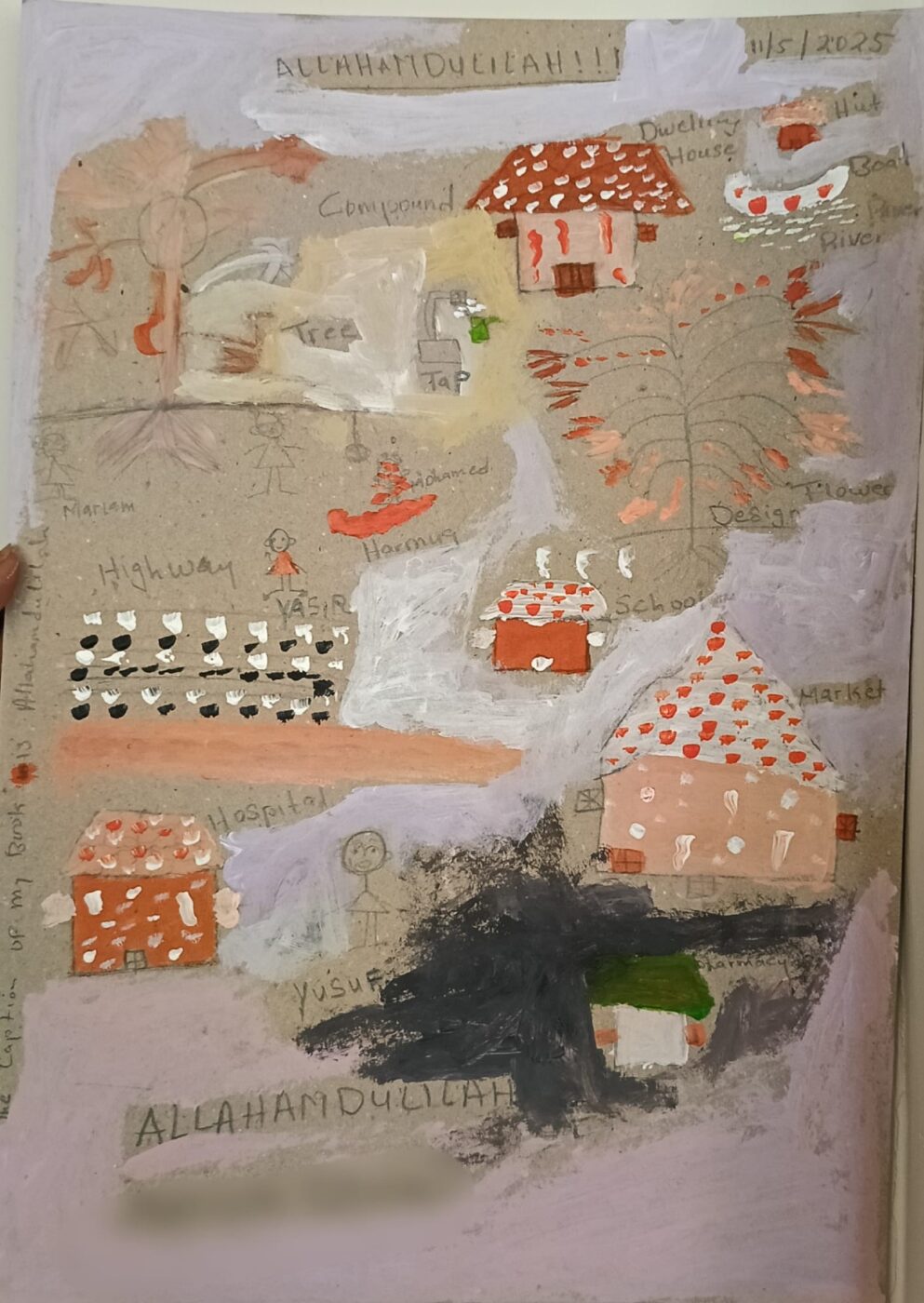Node 38 - Antenna
Ended
March - December 2024
Countries: Turkey
Nodes: Istanbul
Religion and Solidarity: Faith-Based Support for Refugees in Turkey
This study investigates the dynamics of refugee solidarity among Islamic communities in Istanbul, focusing on the Fatih district. Drawing on fieldwork and qualitative analysis, it explores how religious beliefs, Islamic discourse, and state-promoted notions of “Islamic brotherhood” shape practices of solidarity toward refugees. The findings demonstrate that while faith-based motivations enable acts of solidarity, such support is often hierarchical, conditional, and influenced by political, economic, and cultural factors. Shared religious identity does not necessarily guarantee equitable access or genuine inclusion within mosque communities and other Islamic spaces.
The study also emphasizes the role of theologies of migration in shaping solidarity practices. Religious interpretations and theological frameworks provide moral and ethical justifications for supporting refugees, yet these interpretations can simultaneously reinforce social hierarchies and boundaries. Understanding how Islamic theological discourse interacts with local social, political, and economic contexts is crucial for analyzing both the enabling and limiting effects of faith-based solidarity.
Overall, the study shows that faith-based solidarity is complex: it can facilitate support but also reproduce social boundaries. Adopting a critical, rights-based perspective is essential for ensuring that solidarity is inclusive, socially grounded, and sustainable. The findings contribute to debates in migration studies, humanitarian aid, and the sociology of religion, offering insights into the potentials and limitations of religiously motivated solidarity in urban Turkey.
Keywords: refugee solidarity, faith-based solidarity, Islamic communities, social inclusion, theologies of migration, Turkey





